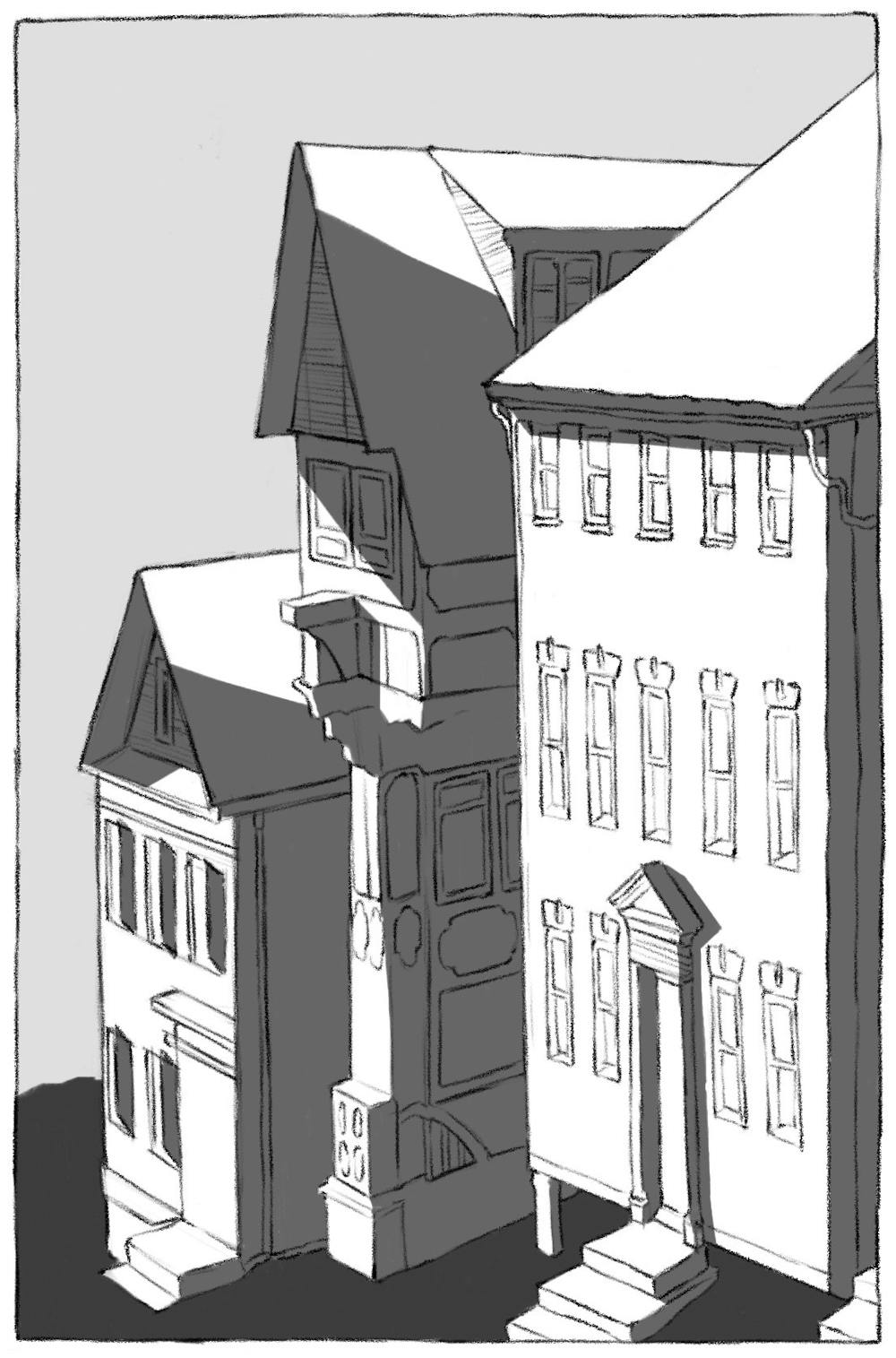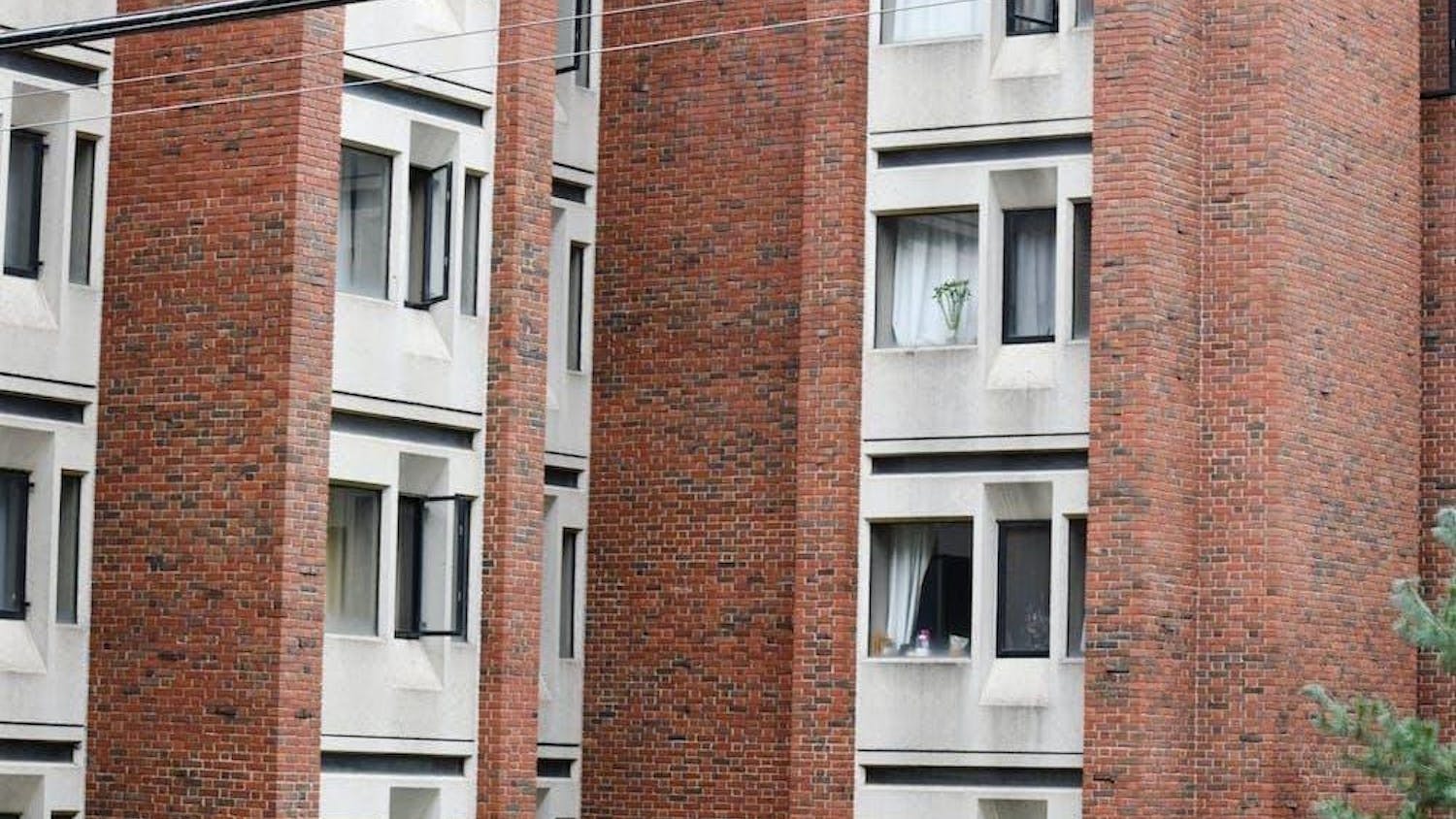After the Supreme Court overturned the Centers for Disease Prevention and Control eviction moratorium on Aug. 26, the George Wiley Center and other organizations began planning eviction clinics to help connect at-risk tenants to Rhode Island rent relief funds and legal representatives.
Rhode Island has not enacted a moratorium to prevent the displacement of low-income residents; other states and municipalities like New York and Boston have introduced their own moratoriums after the termination of federal protection.
The moratorium provided the “important” service of preventing tenants from being moved out of their residence, according to Jennifer Wood, executive director of the Rhode Island Center for Justice. But it did not prevent judges from issuing eviction court orders that could be implemented after the closure of the moratorium — resulting in the eviction of Rhode Islanders from more than 2,000 households already, she said.
Wood added that the number of evictions could rise to somewhere between 15,000 and 100,000 in the next 18 months, due to unemployment rates and the loss of unemployment benefits.
The absence of a state moratorium occurs as COVID-19 cases — many tied to the Delta variant — rise, placing Rhode Island in the CDC’s high transmission category, Wood said. She noted that the CDC’s own research indicates that the movement and residential congregation of people due to eviction poses a danger to public health.
Camillo Viveiros, executive director of the George Wiley Center, said that “unfair evictions” are never appropriate and argued that these evictions should be avoided, especially at a time when COVID-19 cases and hospitalizations are increasing.
“It’s not hyperbole to say it’s life or death,” he said, adding that leaders who don’t act to address these evictions are “responsible for the amplification” of infections.
While Viveiros said that the State’s response on eviction could appear reasonable from “a class-blind or colorblind” perspective on vaccination rates, he stressed that low-income and BIPOC communities are still “disproportionately impacted” by the pandemic.
Speaker Joe Shekarchi defended the State’s lack of moratorium in an interview with the Herald, describing Rent Relief Rhode Island — a program that provides grants for at-risk tenants to cover rent and utilities back to April 2020 and up to two months forward — as “very robust” with $170 million still remaining from its original federal endowment of $200 million. He added that RRRI is “a much better alternative to a moratorium, which just delays and compounds the amount (of rent) outstanding.”
“There’s no reason anybody should be evicted for non-payment of rent in Rhode Island,” he said, given the availability of grant funds through RRRI.
Despite the efforts of RRRI, Viveiros noted that barriers preventing low-income and BIPOC communities from accessing rent relief still persist. These barriers include a lack of access to computers and email, computer illiteracy and ID requirements.
To reach out to those who haven’t accessed Rent Relief RI, State Rep. Leonela Felix — in conjunction with the George Wiley Center, Rhode Island Housing and DARE — plans to create eviction clinics in each of Rhode Island’s five counties to facilitate the process of applying for rent relief, as well as to provide tenants with attorneys, if necessary. The first clinic will be held at the George Wiley Center on Sept. 30.
“The pandemic has shown us that we need to take care of our more vulnerable populations,” Felix said.
Rhode Island Legal Services plans to assist with an eviction clinic on Oct. 2, Housing Law Center Director Steve Flores said. He added that his organization has learned to address problems “in new ways” due to the “unprecedented” nature of the pandemic.
For example, RILS, in partnership with the Center for Justice, is launching a lawyer-for-the-day program this week; staff attorneys will be situated in courthouses to assist unrepresented residents who have an eviction hearing that day, Flores said. He added that the organization is assigning a staffer the responsibility of assisting clients with the rent relief application process and has increased its Housing Law Center staff.
The Center for Justice, along with RILS, has also worked to get judges to extend the timeframe for securing payment for the back rent, to prevent tenants from being evicted while their rent relief applications are pending, Wood said.
“The major challenge is that it’s not like anyone has a magic wand” to promptly mobilize the RRRI funds so tenants can immediately pay their landlords, Wood said, adding that the processing of applications requires time, approximately 30 days.
While Wood said that judges have been “very responsive” to the needs of the Center’s clients, she maintained that their current approach is not a “systemic solution.” Instead, she believes eviction cases with a pending rent relief application should have their hearing delayed until the application is resolved.
Wood added that the issue of eviction is exacerbated by Rhode Island’s shortage of affordable housing, which is a pre-pandemic issue “lurking behind” the repercussions of the CDC moratorium’s lifting. In some Rhode Island municipalities, such as Little Compton and Scituate, “less than 1% of housing” is affordable.





